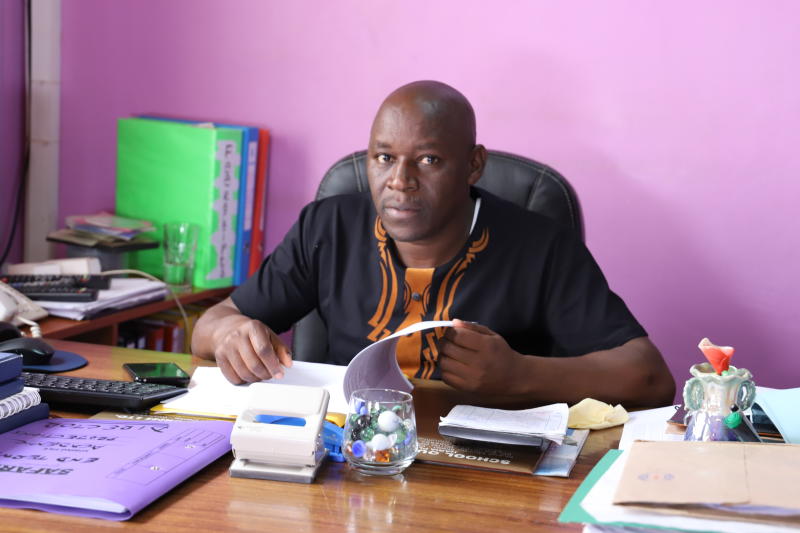×
The Standard e-Paper
Smart Minds Choose Us

Gedion Kyalo spent seven years longer in primary school and always came last in a class of 100. He was an example of what not to be. Fast forward to today, Kyalo now runs a group of schools.
It took almost twice the ordinary time for Gedion Kyalo to complete primary school because he couldn’t keep up in class.